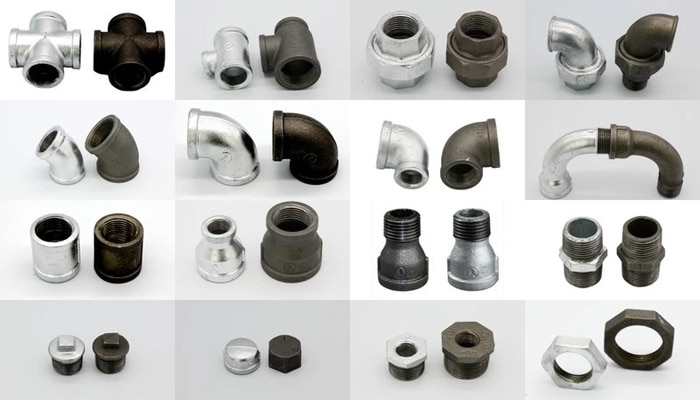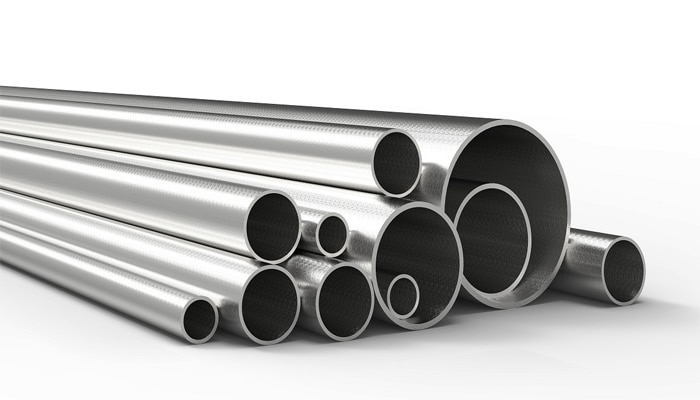When it comes to choosing difference between cast iron and ductile iron pipes, durability is a key factor to consider. In this article, we will explore the reasons why ductile iron pipes are more durable and provide examples of their applications.
Ductile vs Cast Iron
The following is the introduction and difference between ductile vs cast iron pipe:
Ductile Iron Pipe:
Ductile iron pipes are made from a type of iron alloy that is known for its high durability and resistance to corrosion. The pipes are manufactured using a process called centrifugal casting.
Which involves pouring molten iron into a rotating mold to create a continuous pipe. The resulting pipe has a smooth, uniform interior and exterior surface, which reduces the risk of corrosion and increases its durability.
Ductile iron pipes have several advantages over cast iron pipes. They are more resistant to corrosion, have a higher tensile strength, and are less prone to cracking and breaking. They also have a longer lifespan, with some ductile iron pipes lasting for over 50 years.

Cast Iron Pipe:
Cast iron pipes, on the other hand, are made from a type of iron alloy that is more prone to corrosion and has a lower tensile strength than ductile iron. They are manufactured using a process called sand casting, which involves pouring molten iron into a mold made of sand. The resulting pipe has a rougher interior and exterior surface, which can increase the risk of corrosion and reduce its durability.
Despite their lower durability, cast iron pipes still have their advantages. They are less expensive than ductile iron pipes, and they can be easily connected to existing cast iron pipes. They also have a more extensive range of sizes and fittings available, making them a good choice for smaller-scale applications.
Comparison of Ductile Iron Pipe vs Cast Iron Pipe:
When it comes to durability, ductile iron pipes are the better choice. They have a higher tensile strength, are more resistant to corrosion, and have a longer lifespan than cast iron pipes. However, cast iron pipes still have their advantages, such as lower cost and ease of connection.
The choice between ductile iron pipes and cast iron pipes ultimately depends on the specific needs of the application. If durability and resistance to corrosion are the top priorities, then ductile iron pipes are the better choice. However, if cost is a concern, then cast iron pipes may be a more feasible option.

Examples of Ductile Iron Pipe Applications:
Ductile iron pipes are commonly used in a variety of applications, including:
- Water distribution systems: Ductile iron pipes are often used in water distribution systems due to their high durability and resistance to corrosion.
- Sewer systems: Ductile iron pipes are also used in sewer systems, where their resistance to corrosion and ability to withstand high water pressure are particularly valuable.
- Gas distribution systems: Ductile iron pipes are used in gas distribution systems, where their high tensile strength and corrosion resistance make them an ideal choice.
- Mining applications: Ductile iron pipes are used in mining applications, where their high durability and resistance to corrosion are particularly valuable.
Conclusion:
Ductile iron pipe vs cast iron pipe which is better for your project? In conclusion, ductile iron pipes are generally considered to be more durable than cast iron pipes. They have a higher tensile strength, are more resistant to corrosion, and have a longer lifespan.
However, cast iron pipes still have their advantages, such as lower cost and ease of connection. The choice between ductile iron pipes and cast iron pipes ultimately depends on the specific needs of the application.
